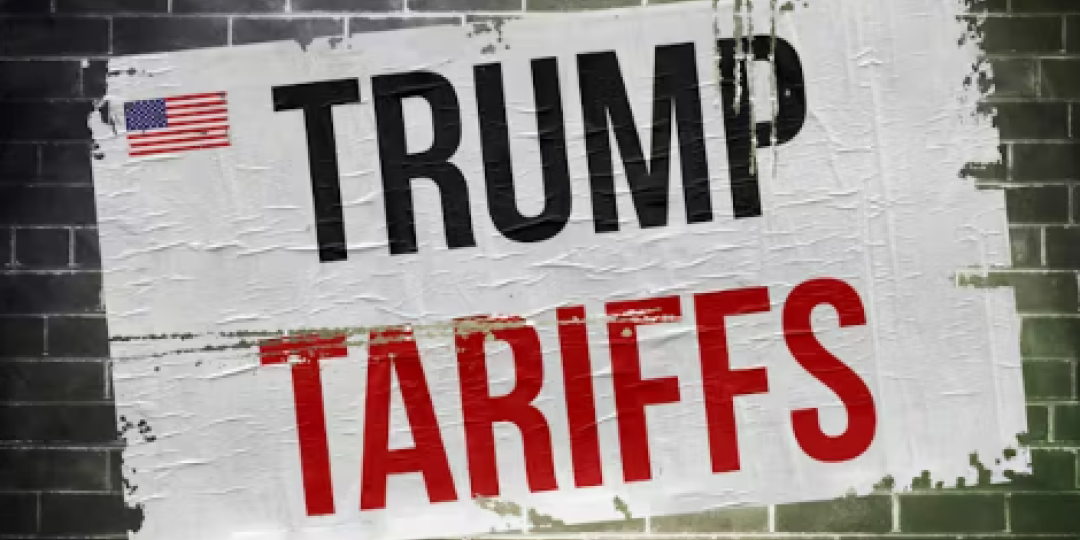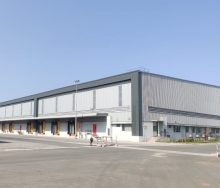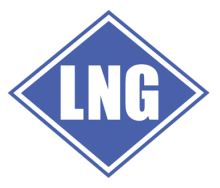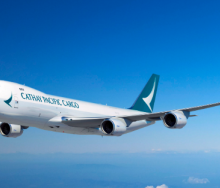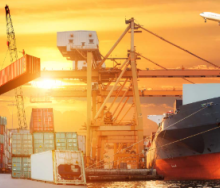US President Donald Trump raised tariffs on steel and aluminium imports from all countries without exception to a flat 25% on Monday.
Trump signed proclamations removing country exceptions and quota deals as well as hundreds of thousands of product exclusions for both metals. The new simplified metal tariffs come into effect on March 4.
"It's 25% without exceptions or exemptions. That's all countries, no matter where it comes from, all countries,” Trump told reporters.
However, according to Reuters, Trump later said he would give "great consideration" to Australia’s request for an exemption due to its trade deficit with the US.
The tariffs also include downstream products of foreign-made steel, including fabricated structural steel, aluminum extrusions and steel strand for pre-stressed concrete.
Trump also will introduce a new North American standard that will require steel imports to be "melted and poured" and aluminum to be "smelted and cast" locally to reduce imports of partially processed Chinese and Russian metals that avoid other tariffs.
"The steel and aluminum tariffs 2.0 will put an end to foreign dumping, boost domestic production and secure our steel and aluminum industries as the backbone and pillar industries of America's economic and national security," Trump's trade adviser Peter Navarro told reporters.
Trump said he would also announce “reciprocal” tariffs on all countries that imposedduties on US goods over the next two days, including on cars, semiconductors and pharmaceutical products.
On Sunday, speaking during a press conference aboard his presidential Airforce One jet Trump told AP reporters that he would announce the reciprocal tariffs on Tuesday or Wednesday, and the new duties would become effective “almost immediately”.
“Very simply, it's if they charge us, we charge them …but I'll be announcing the details of it … and it'll be great for everybody, including the other countries. But if they are charging us 130% and we're charging them nothing, it's not going to say that way,” he said.
“It won't affect everybody, because there are some (countries) where we have similar tariffs, but the ones that are taking advantage of the United States, we're going to have a reciprocity,” he said.
Trump’s plan is that the introduction of tariffs will revive local manufacturing, in particular at US Steel, which is the second-largest producer in the country.
More than $80 billion worth of steel and iron imports and almost $30 billion worth of aluminum imports will be affected by the imposition of tariffs.
Increasing the cost of steel imports is expected to hit the US shipbuilding industry hard leading to rising newbuild and repair costs.
Todd Harrison, a senior fellow at the American Enterprise Institute, told Navy Times last month: "Costs [for shipbuilding] are going to go even higher. Delays will get even longer. Nothing good is going to come from this for shipbuilding. It can only make a bad situation worse."
